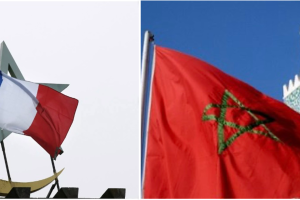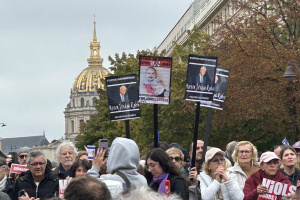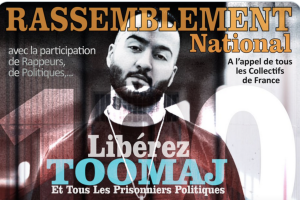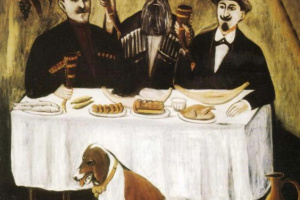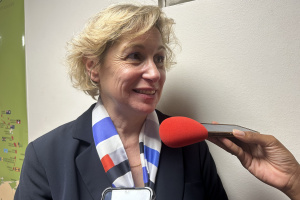Between January 7th and January 10th, 17 people were killed in France due to the biggest terrorist attack the country has witnessed since 1865. On January 11th, millions people gathered together on the streets of France and many other countries as a reaction to those attacks, which threatened freedom of expression and came as a deep shock to French republican values. In France, but also in the world, these events almost entirely monopolized the media, leaving almost no room for anything else. Newspapers, as well as radio and TV shows didn’t have much time for other deaths. At the same time, citizens and politicians used up all their emotions, interests and compassion for what happened in France. But, as blunt as it may come across, even in the face of the most awful events, the rest of the world is still happening. This is why the death of over 2000 people in Nigeria over the last week shouldn’t be treated as second-class news, and why it is important always to stay informed on a global scale – because whatever issue might be the priority, it’s impossible to truly reflect upon it without being informed about the bigger picture.
“Western Education is Forbidden”
Boko Haram was founded in 2002 as a Sunni Islamic sect and operated, at first, without any major violence in the northern parts of Nigeria. The goal of establishing an Islamic State, however, was present from the beginning. It established a religious complex including an Islamic school, aimed at attracting poor families and young people from all over the country. The most common name of the group, Boko Haram, literally translates as “The fake is forbidden”, but Boko, which means fake, has come to be understood as Western education and any activity associated with Western society. The official name of the group, however, is Jama’atu Ahlis Sunna Lidda’awati wal-Jihad (People Committed to the Propagation of the Prophet’s Teachings and Jihad). Its radicalization took place gradually, and by 2009, Boko Haram had become an established salafist-jihadist group with a strong militant character. Its campaign for violence started when Nigerian security officials arrested nine Boko Haram members and confiscated many of the organization’s weapons. That same year, the founding leader Mohammed Yusuf died in police custody. From there on, an ongoing conflict was launched between radical Boko Haram members and the Nigerian government. The context led to the killing of many civilians over the years. Especially since 2011, Boko Haram conducted a series of massacres, targeting the lives of civilians as well as police forces. In 2013, the group started to carry out operations outside of Nigeria, in Cameroon, Niger and Chad. International attention spiked when, in April of 2014, Boko Haram kidnapped 276 schoolgirls out of which 226 are still missing.
Recent attacks on Baga
On January 3rd, Boko Haram militants attacked the town of Baga, as well as 15 surrounding villages and the military base established in the area. Amnesty International speaks of the organization’s “largest and most destructive” attack so far. Satellite images “show devastation of catastrophic proportions in two towns, one of which was almost wiped off the map in the space of four days” according to Nigeria’s researcher for Amnesty International Daniel Eyre. An eyewitness stated that “the whole town was on fire”. While some people were able to run or hide, it is once again the more vulnerable part of the population who fell victim of the violence: women, children, and elderly people above all.
Amnesty international reported 2000 deaths, although different numbers are being communicated from government sources. Yanaye Grema, who was present during the attack, describes how « people fled into the bush while some shut themselves indoors”. Witnesses reported that a woman who was in the process of giving birth was also murdered.
After several days of slaughter, the attackers left behind a scenery of destruction. Houses burnt down, bodies scattered on the ground – shattered lives and displaced people. Some fled to Chad, others to Cameroon. Those that stayed and survived are traumatized by images of death and many of them lost their home, if not their whole village.
The wider context and the question of what comes next
The massacres around Baga weren’t the apogee of Boko Haram’s attacks. Last Saturday, a 10-year old female suicide bomber detonated explosives in Maiduguri. Other failed attacks have been reported. What is sure is that Boko Haram is successfully installing a climate of terror in the region in the context of the upcoming Nigerian parliamentary elections. Boko Haram is Nigeria’s most dangerous extremist Islamist group, and in the wider context of Islamist radicalism in Africa, the Middle East and the rest of the world, the future must be approached with great caution.
While the country is still waiting for western help to go beyond supportive words, Boko Haram and several other radical Islamist groups around the world are growing stronger. How to deal with this climate of war and fear? How to be strong when threatened in such a way, when compassion and tolerance don’t resonate with the enemies? The French filmmaker Mathieu Kassowitz said on the radio station France Inter that “We have to listen to and respect our enemies.” He was talking about terrorists, religious fanatics who will only grow more convinced, more radical, if we begin to strike back and counter them in the wrong way.
On the other hand, how to respect and cooperate when these two very concepts are not in the mindset of the people we are dealing with? How to be conciliatory when innocent lives are being taken, when girls are being enslaved and fundamental liberties threatened? After all, aren’t values there to be stood up and fought for?
The solution is not simple. It’s not even there yet. Politicians are fighting to find the compromise between security, respect and freedom. Others are more one-sided and use security as a code word for war, intrusion, inequality and the compromising of fundamental rights. Then again, the situation calls for different measures in different places. If in Nigeria, government reaction has been very slow to the recent events, this is also due to the broader political and economic context of the country. No journalist was close to Baga when the attacks occurred. Inter-religious hatred has been spurring for years. In France, there were too many journalists covering the events. Racism is present in a silent, almost perverse way. Inter-religious hatred is there, but not as strong. In a way, it is more difficult to pinpoint.
While terrorism and security make headlines, it is important to target the root causes of the bigger conflict. They surely are very different from one country to another, and need a thorough analysis and an adequate adaptation of public policies, international relations, education and of the general discourse within the civil society.
#I am…human
If every human is born equal, every human also deserves to die as an equal. True, Nigeria’s massacres and attacks were not covered by journalists. They also don’t surprise the rest of the world as much as the terrorist attacks carried out in France, because they aren’t considered as unique. Most importantly, they don’t involve famous journalists and personalities and don’t give the general public the impression of having lost someone they knew. But these facts don’t justify the days of silence of the media. They don’t justify the fact that for days in a row French News nights didn’t talk about anything else than Charlie Hebdo, as if the rest of the world had evaporated.
I am Charlie, and I have been Charlie from the second I heard about the attacks and probably, in a way, even before. But I am also Baga, I am Maiduguri, I am the thousands of people who die, every day, from malnutrition, disease and armed conflict. I am those people, and, on the other hand, none of us can be any of them. Our views are so exterior to them, so far away and too naïve. And yet, solidarity has the power of gathering people together and makes them feel as though they can relate. Even if they probably can’t, they believe in the movement. They believe that, together, we are stronger. This is what gives us hope for a world in which positive emotions and mutual acceptance in the face of threat can counter hate, but also, and almost more importantly, fear and ignorance.





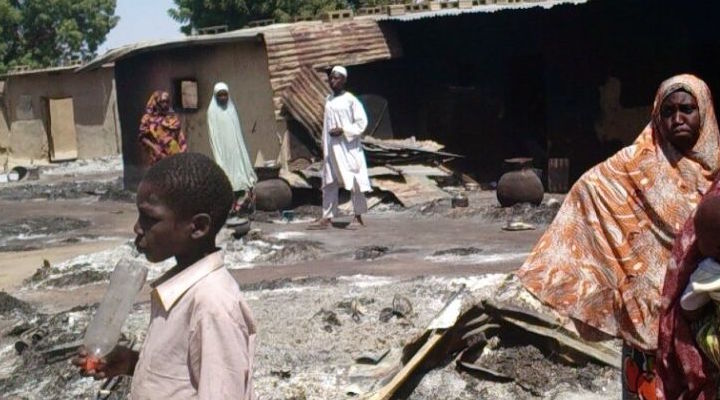



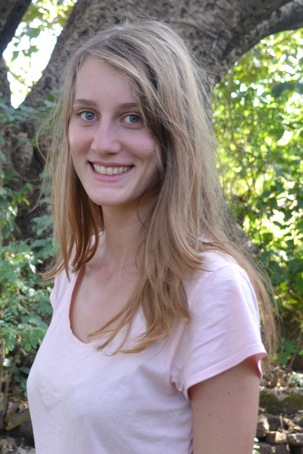






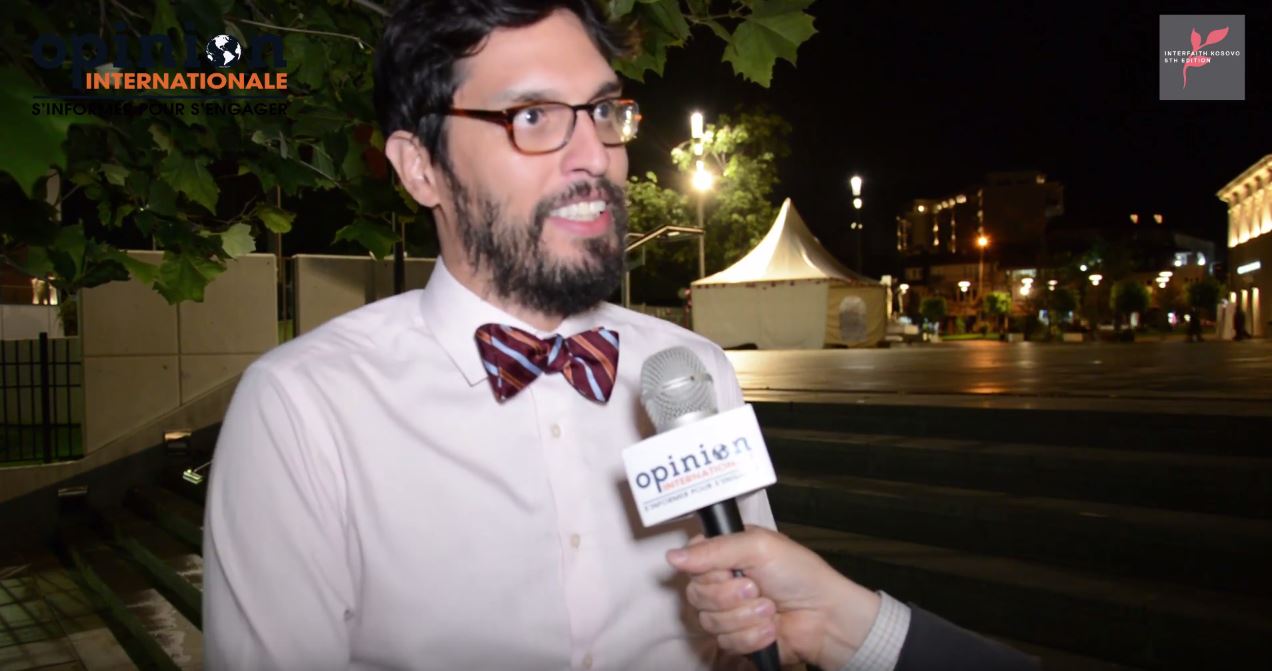
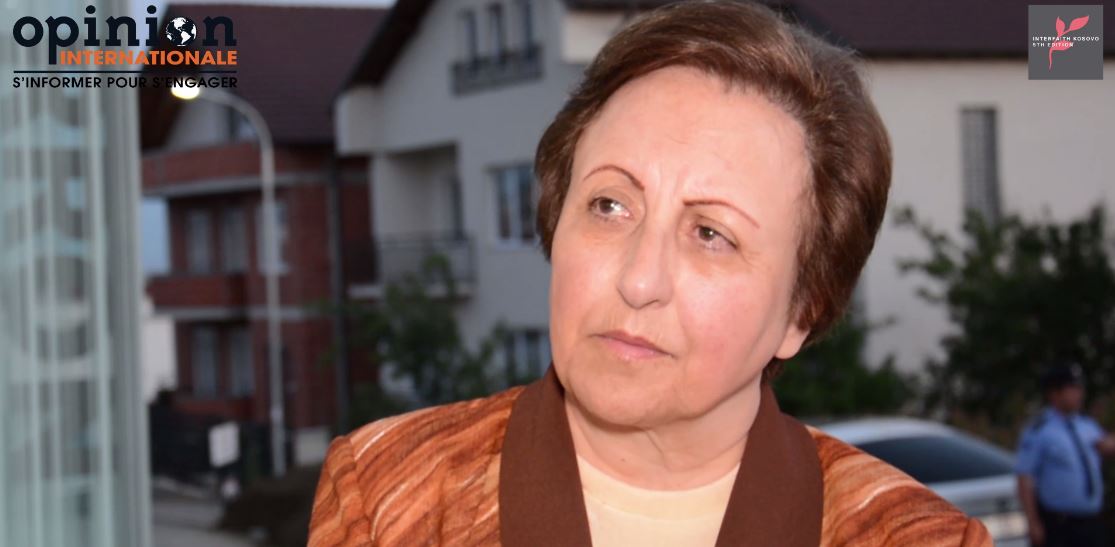
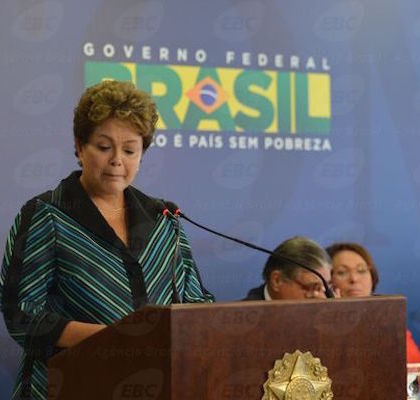
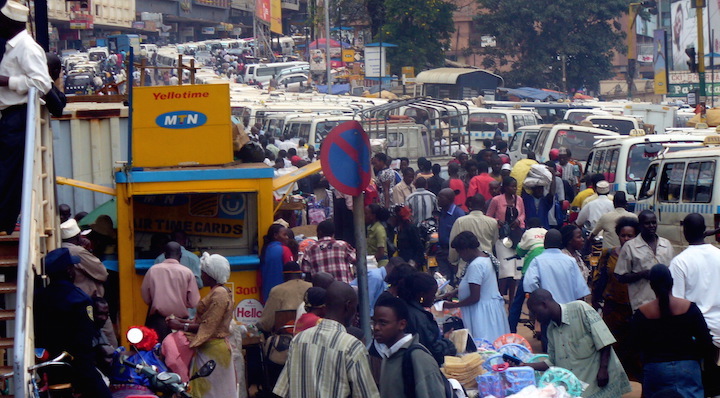

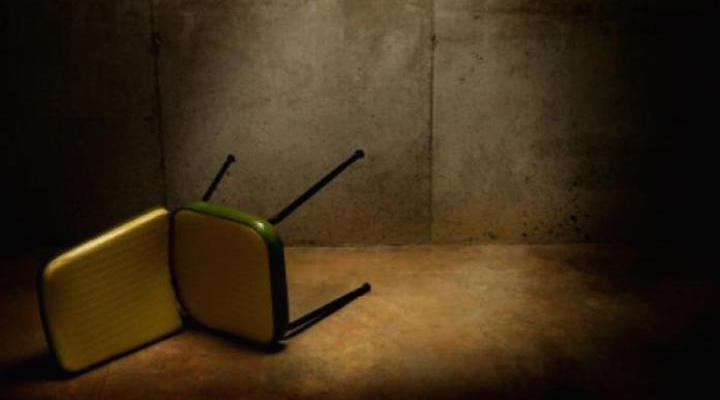

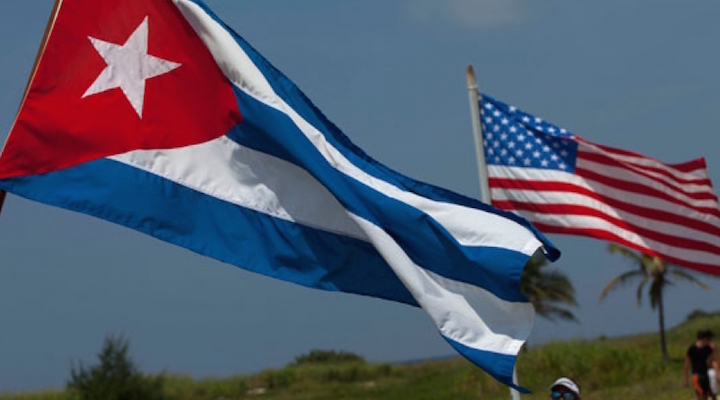


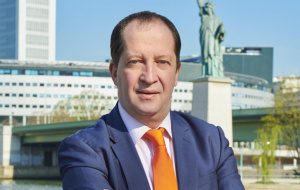
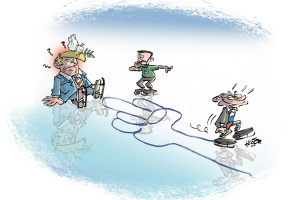

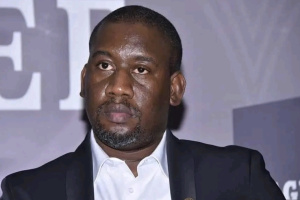
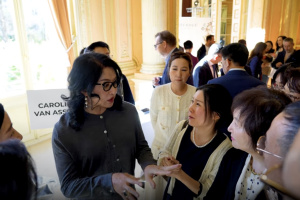
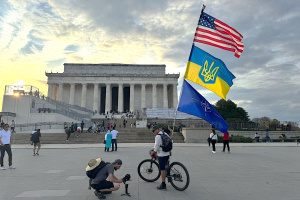
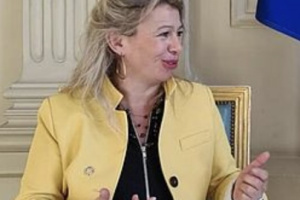
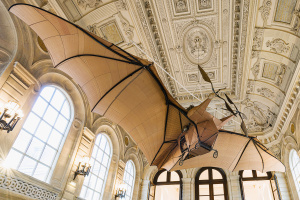
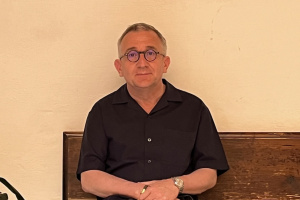
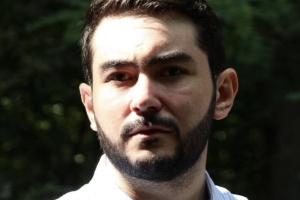
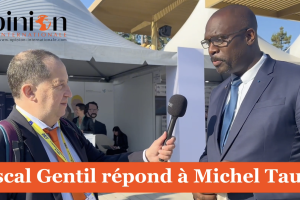
 Opinion Paris 2024
Opinion Paris 2024


